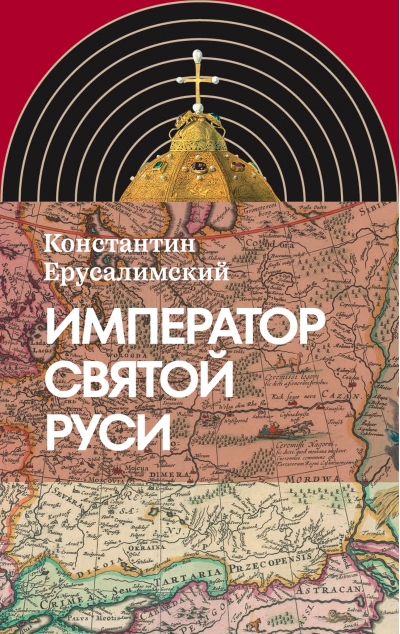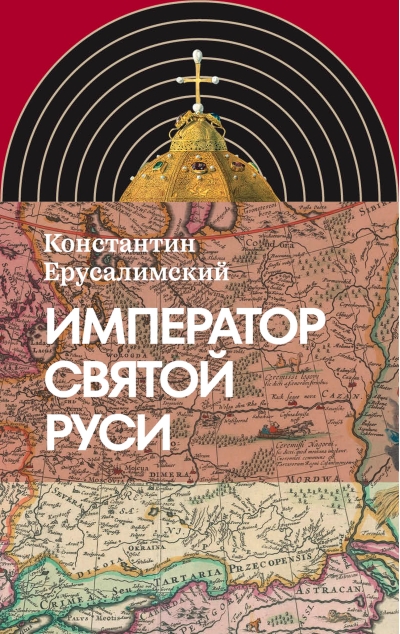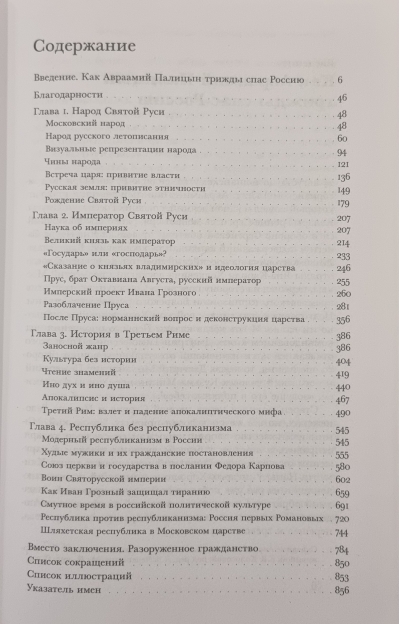Emperor of Holy Rus'
39.99 €
31.99 €
The only thing available 3
What was the ideological outlook, ideology, and collective ideas of the Muscovite kingdom in the 15th to early 18th centuries? How wide was the circle of supporters of "highbrow" teachings and how meaningful were the concepts of political culture? Can we speak of the Russian state of this period as an empire, monarchy, or republic? Who did the subjects of this country consider themselves to be, and what collective identities did they consider significant for themselves? Why did such a genre of self-awareness as history come in addition to chronicling, and partly to replace it, and how did the past of historians differ from the past of chroniclers and chroniclers?
The focus of the study included such ideologemes as the people and Holy Rus', the tsar and the emperor, post-apocalyptic history and the Third Rome, and such forms of collective political action as the people's cause, the common thing, and citizenship. Despite non-modern communication technologies, intensive sacred reading and instability of sovereignty doctrines, Russian culture was a legitimate part of the Renaissance world during this period, as evidenced by polemical works, lexical and historical statements of intellectuals, monuments of ceremonial, historical, political and everyday thought, as well as traces of the reception of events in the world, anonymous discourses, visual representations of the present and the past. The Muscovite kingdom was also drawn into one of the most significant discussions of the modern era - about disarmament as a necessary condition for civil life.
Konstantin Yerusalimsky - Doctor of Historical Sciences, Professor of the European University in St. Petersburg.
The focus of the study included such ideologemes as the people and Holy Rus', the tsar and the emperor, post-apocalyptic history and the Third Rome, and such forms of collective political action as the people's cause, the common thing, and citizenship. Despite non-modern communication technologies, intensive sacred reading and instability of sovereignty doctrines, Russian culture was a legitimate part of the Renaissance world during this period, as evidenced by polemical works, lexical and historical statements of intellectuals, monuments of ceremonial, historical, political and everyday thought, as well as traces of the reception of events in the world, anonymous discourses, visual representations of the present and the past. The Muscovite kingdom was also drawn into one of the most significant discussions of the modern era - about disarmament as a necessary condition for civil life.
Konstantin Yerusalimsky - Doctor of Historical Sciences, Professor of the European University in St. Petersburg.
See also:
- All books by the publisher
- All books by the author
- All books in the series Intellectual history













